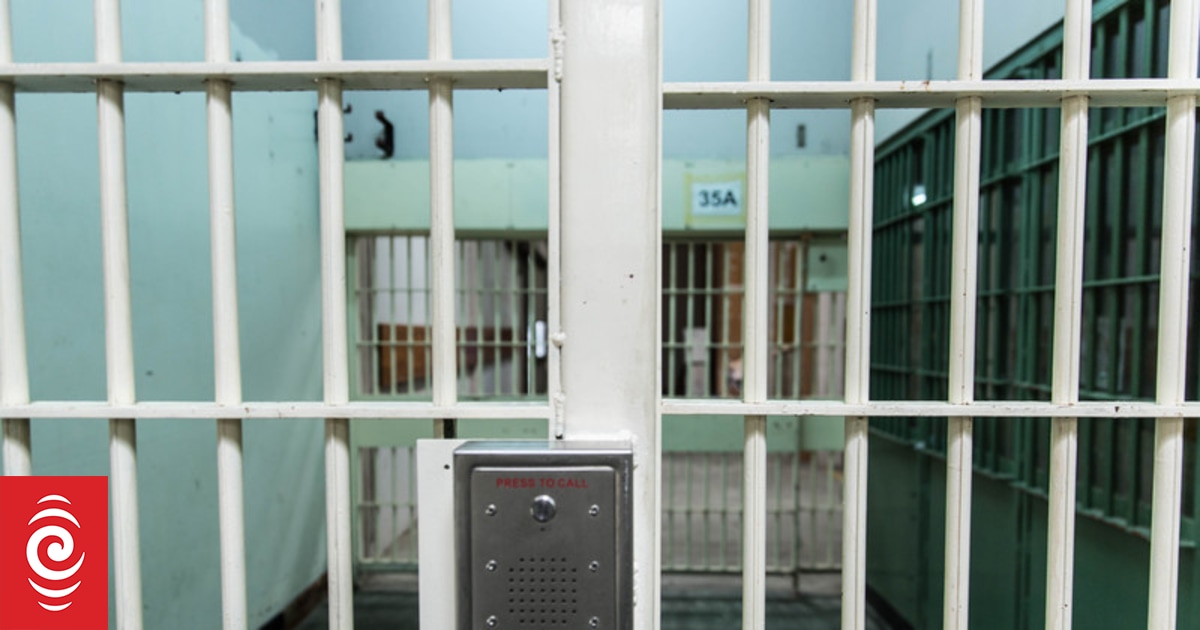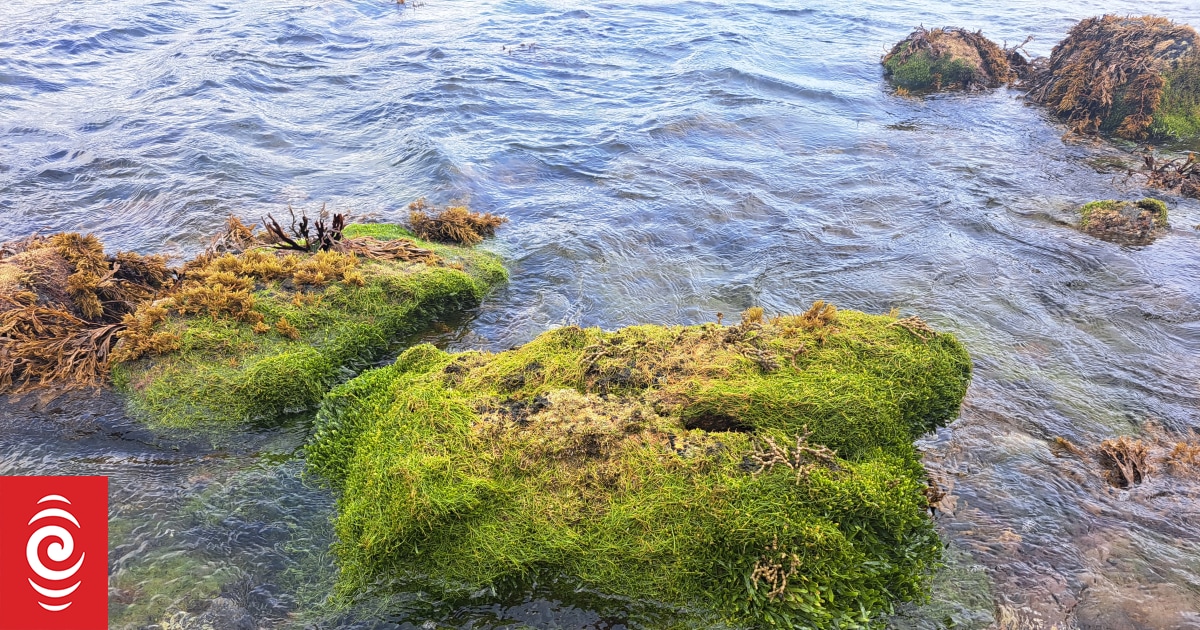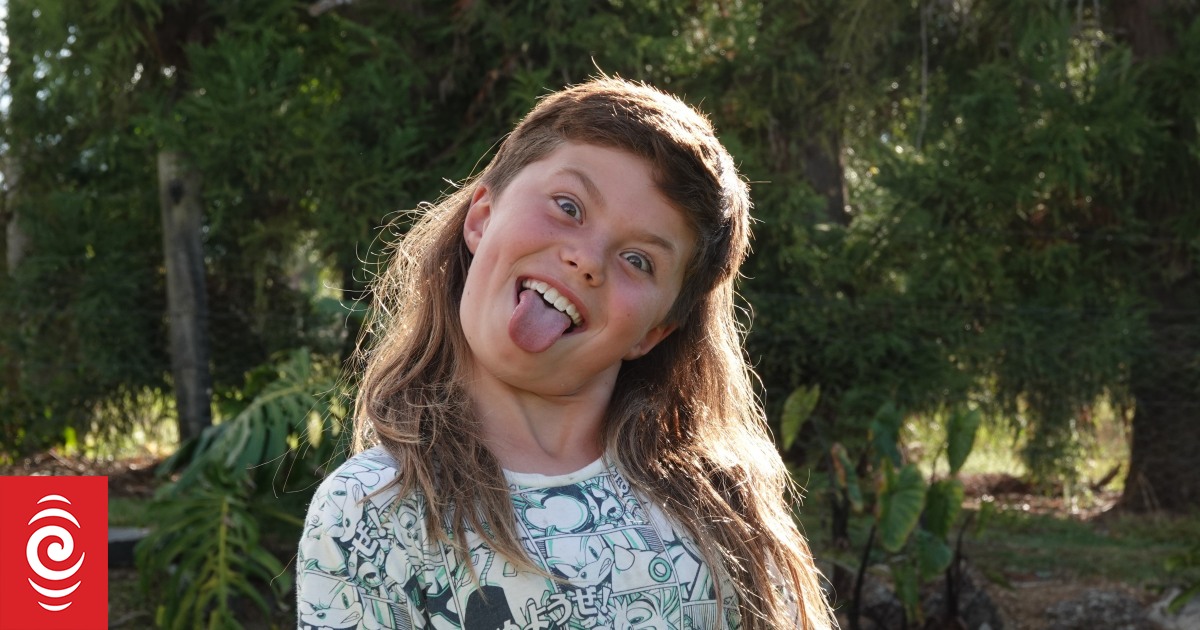Northlanders are being warned to brace for severe gales, heavy rain and potential flooding from Sunday onwards as Cyclone Gabrielle approaches. Photo / Peter de Graaf
Te Rūnanga-Ā-Iwi-Ō-Ngāpuhi chair Wane Wharerau says Cyclone Gabrielle has highlighted how Te Tai Tokerau’s communications networks need to be upgraded and whānau resiliency must be improved.
The 42-year career police officer, who left his police job officially two weeks ago, walked straight into the Auckland floods and then the devastating Cyclone Gabrielle.
“We have learnt a lot from Covid and other issues where Māori have had to stand up,” Wharerau told the Herald.
“Our people have a lot of questions about the insurance – which many do not have anyway – and the recovery but we have to be fair to the East Coast and Hawke’s Bay, who have been hit pretty hard and our aroha goes to them.
Advertisement
“But our whānau here can’t usually afford insurance and returning to where you were – for most is a poor place.”
Wharerau says credit must be given to Northland whānau and communities, who did the best they could as the storm wreaked hundreds of millions of dollars’ worth of damage.
The rūnanga and its subsidiaries have been involved in the relief effort, including a Unimog truck to deliver care packages.
Ngapuhi called on another former cop and Te Puea Marae in Māngere CEO Huri Dennis for support.
Advertisement
“Huri was already preparing a pono for relief down the coast so we jumped on that one,” Wharerau said.
/cloudfront-ap-southeast-2.images.arcpublishing.com/nzme/TNOHYET5C5A73CI64YEKRHRUEY.jpg)
Wharerau says Ngāpuhi’s aroha goes out to whānau of other regions, particularly the eastern seaboard.
The rūnanga is encouraging whānau and hapū to develop emergency plans.
He says every whānau should have a disaster emergency kit with at a minimum battery operated torches and radios, emergency food and water, and a first aid kit.



